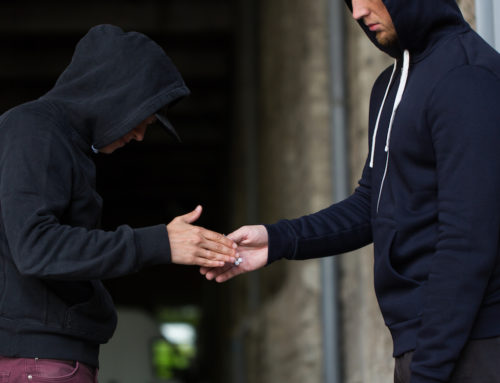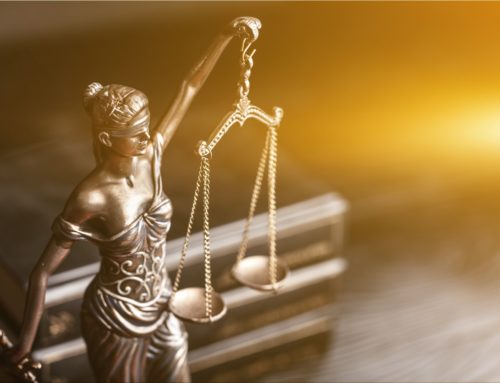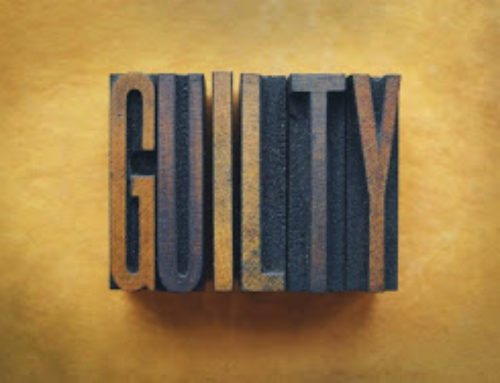Police and prosecutor misconduct is one of the strongest grounds for criminal appeals in California. Recent legal news in the United States has revealed that prosecutors in many states including California are now finally reviewing criminal convictions to determine if they should be overturned due to reasons such as police wrongdoing and/or prosecutorial misconduct. (See http://www.csmonitor.com/USA/USA-Update/2014/0204/Exonerations-climb-in-US-as-prosecutors-police-probe-wrongful-convictions-video#.UvMUgFwiMyM.email)
When someone is convicted of a felony or misdemeanor either in Los Angeles or any other county in California, it is very traumatic and people believe there is no way to successfully challenge the conviction. An appeal is an attempt to overturn a conviction based upon legal errors that may have occurred that may allow the conviction to be attacked. A successful appeal can result in the suppression of evidence that was admitted at trial, a reduction in the sentence or other penalties, or the granting of a new trial. Furthermore, California law allows for bail to be set pending appeal so that the person facing incarceration may remain free while the appeal is heard.
A writ is an order from a higher court to a lower court judge or a governmental official. It can be used for issues for which an appeal does not provide a sufficient remedy. One of the most common types of “Writs” in the criminal context is a Writ of Habeas Corpus, which challenges the legality of the defendant’s imprisonment. The State Constitution of California and the United States Constitution both provide for Writs of Habeas Corpus (Therefore there are both State Habeas Corpus Petitions and Federal Habeas Corpus petitions). A Habeas Corpus petition may order a prison or warden to free the person or to end improper jail conditions, which violate the person’s civil rights.
A writ based on newly discovered evidence is often used when challenging a conviction for police or prosecutorial misconduct since an appeal cannot be based on new evidence or evidence that was not a part of the record or trial. As discussed below, there are some types of prosecutorial misconduct which are based on facts presented at trial including improper closing argument by a prosecutor at trial.
Prosecutorial Misconduct Defined Under CA Law
A prosecutor violates the federal Constitution when he or she engages in a pattern of conduct so egregious that it infects the trial with such unfairness as to make the conviction a denial of due process. See People v. Stanley (2006) 39 Cal.4th 913, 951. Conduct that does not render a criminal trial fundamentally unfair is misconduct under state law if it involves “‘deceptive or reprehensible methods’” to persuade the jury. See People v. Hill (1998) 17 Cal.4th 800, 845.
In many prosecutorial misconduct cases where a conviction is overturned, a defendant points to evidence on appeal or by writ of habeas corpus that a prosecutor or police agency intentionally failed to disclose information which would have been exculpatory and/or beneficial to a defendant at the time of trial such as failing to reveal the identity of a witness or offers of benefits to a witness by the police or prosection.
In such a case, a convicted person will argue that he or she was deprived of due process of law and a fair trial guaranteed by the Fifth, Sixth, and Fourteenth Amendments to the United States Constitution and by Article I, sections 7 and 15 of the California Constitution as explained in the United States Supreme Court case of Brady v. Maryland (1963) 373 U.S. 63.
In Brady v. Maryland (1963) 373 U.S. 63, the United States Supreme Court established that due process requires the prosecution to disclose to the defense evidence that is both favorable to the defendant and material on either guilt or punishment. See Brady, supra, 373 U.S at p. 87; see also In re Sassounian (1995) 9 Cal.4th 535, 543. “Evidence is ‘favorable’ if it either helps the defendant or hurts the prosecution, as by impeaching one of its witnesses.
The prosecutorial obligation to disclose relevant materials in the possession of the prosecution includes information within the possession or control of the prosecution or to which the prosecutor has reasonable access. (In re Littlefield (1993) 5 Cal.4th 122, 135; People v. Kasim (1997) 56 Cal.App.4th 1360, 1380.) The duty of disclosure “is not limited to evidence the prosecutor’s office itself actually knows of or possesses, but includes ‘evidence known to the others acting on the government’s behalf in the case, including the police.’” (People v. Zambrano (2007) 41 Cal.4th 1082, 1132, quoting Kyles v. Whitley, supra, 514 U.S. at p. 437 [Zambrano overruled on another point in People v. Doolin (2009) 45 Cal.4th 390, 421, fn. 22].)
The California Supreme Court has stated that “evidence that is presented at trial is not considered suppressed, regardless of whether or not it had previously been disclosed during discovery. ” (People v. Morrison, supra, 34 Cal.4th at p. 715; accord, People v. Verdugo (2010) 50 Cal.4th 263, 281.) However, courts have also held that the disclosure of Brady material “‘must be made at a time when the disclosure would be of value to the accused.’” (People v. Superior Court (Meraz) (2008) 163 Cal.App.4th 28, 51, quoting United States v. Davenport (9th Cir. 1985) 753 F.2d 1460, 1462; see also United States v. Pollack (D.C. Cir. 1976) 534 F.2d 964, 973 [“Disclosure by the government must be made at such a time as to allow the defense to use the favorable material effectively in the preparation and presentation of its case”].)
IMPORTANCE OF RETAINING A CALIFORNIA CRIMINAL APPEALS LAWYER IF YOU HAVE BEEN THE VICTIM OF POLICE OR PROSECUTOR MISCONDUCT
Clearly, if you or a loved one is convicted of a felony or misdemeanor in California, you should immediately consult with a qualified California criminal defense appeals and writs attorney. Because there are numerous rules and deadlines concerning appeals and writs, it is advisable to seek the advice of an appeals and writs attorney as soon as possible after a conviction so that you do not loose or waive your right to bring up an issue that may lead to the reversal of your conviction either by writ or appeal. Although the recent article above indicates that prosecutors themselves are reviewing older convictions to determine if they should be set aside, you should never rely on the prosecutor doing the work for you and must hire an experienced criminal defense appeal and writ in attorney.





